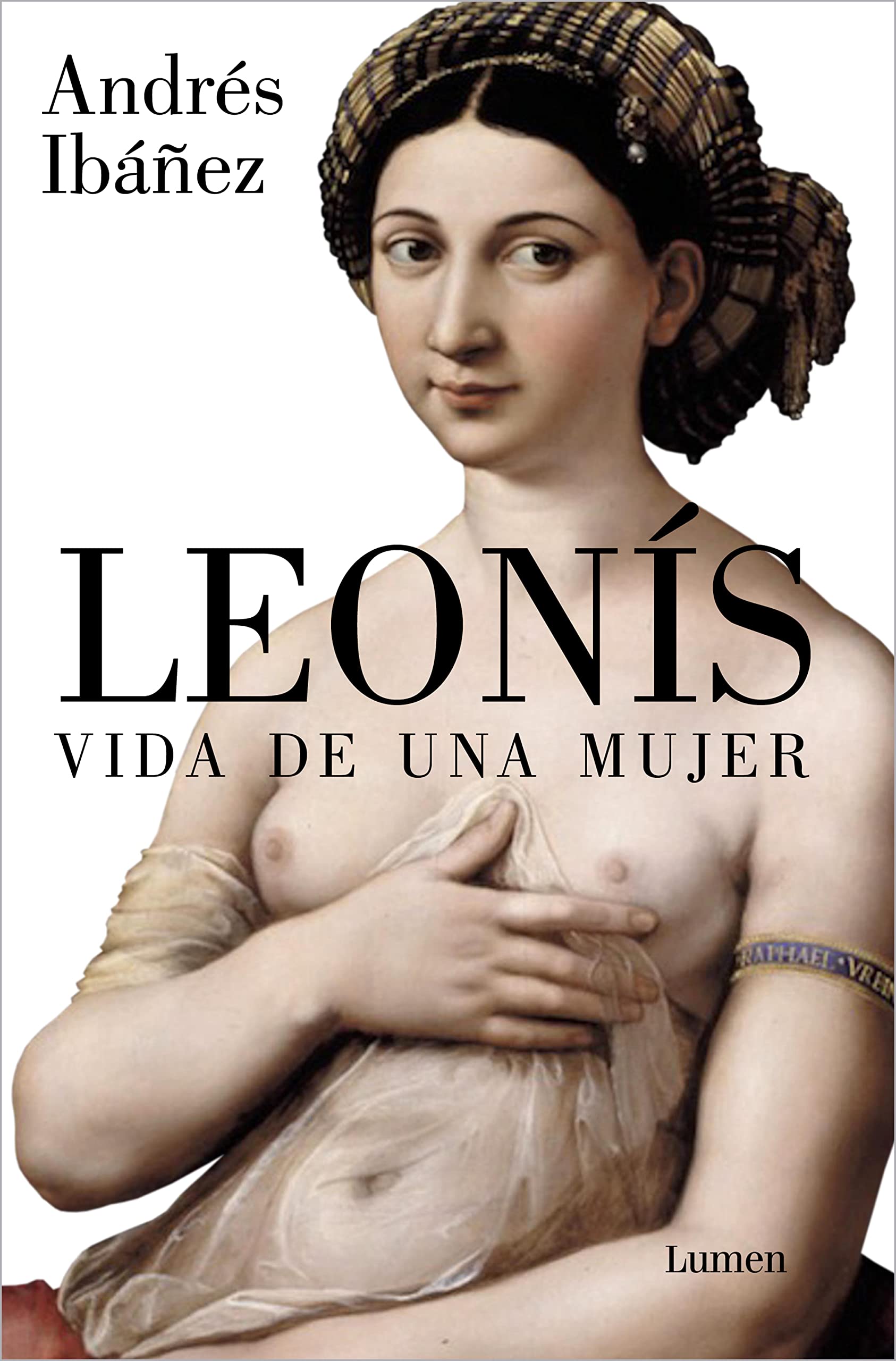The writer and critic Andres Ibanez (Madrid, 1961), one of the most unique voices in Spanish literature, has now gotten into the skin of a woman, Inés de Padilla, a fictional character born in 1469 with whom she covers the history of women in Spain until today in his last book, Leonís, life of a woman.
And it is that Ibáñez, National Critics Award for Shine on, sea of Eden, gives life to a woman who lives more than five centuries. She will study at the age of fifteen, in the fifteenth century, at the University of Salamanca, where there was almost no room for women, and she will meet, among others, Beatriz Galindo, she will enter the court of the Catholic Monarchs and experience the imprisonment of Juana de Castile.
Padilla will be a cloistered nun, prostitute, teacher, journalist… She will be a “no hat” in the 20s. She will fall in love with men and women. She will be many women and she will live according to the customs of the time, which the author describes in great detail in a book of almost 900 pages that constitutes a treatise on history, literature, and adventures with a feminist perspective.
«The idea of writing a book in the style of the Orlando of Virginia Woolf, a Spanish Orlando —explains the author to EFE—. First, it would be a question of going through the history of Spain, but also, and above all, to do something like a history of women in Spain. For that, it was necessary to talk about many of them that have been important in our history and that have been mistreated by posterity, that have been forgotten or that have never had the notoriety they deserved, he says.
And for this Ibáñez recovers in Leonís, life of a woman (Lumen) the figure of Isabel la Católica or that of Juana de Castilla, the so-called Juana La Loca, with other nuances and profiles very different from those that history has told.
«My vision of these two queens arises from my reading and historical facts. With Isabel la Católica, for example, there is a curious phenomenon: if one defends her, it is understood that she is from the extreme right. This is a problem I myself have suffered from all my life: the right has seized many symbols or historical figures as if they were their own. The result is that those of us who are not on the right reject them,” argues the author of the doe duchess.
“But Isabella the Catholic,” he continues, “did many things throughout her splendid life that would be considered progressive today and that show a modern temperament and great social concern. For example, she created field hospitals, created a police force to make the roads safer, supported the printing press, the arts and education ».
With this book Ibáñez gives a change of foot with respect to his previous works, in which he always makes new proposals, and claims the need to bring to the world the look of women, beauty and emotions “I believe that the patriarchy is destroying the world, and that it needs to end once and for all,” he says.
«But this cannot be done with machines or with obsessive and enslaving regulations, because machines, regulations and slavery are all elements of patriarchy. We have to return to the body, to nature, to intuition”, he adds.
«We are living beings, although post-structuralism insists on denying it. We have a link with the Earth, we need to live according to the natural rhythms. This means connecting with our body, with our intuition and also with our spirituality. That is the feminine world », he concludes.
Andrés Ibáñez: “The patriarchy is destroying the world” – Zenda

